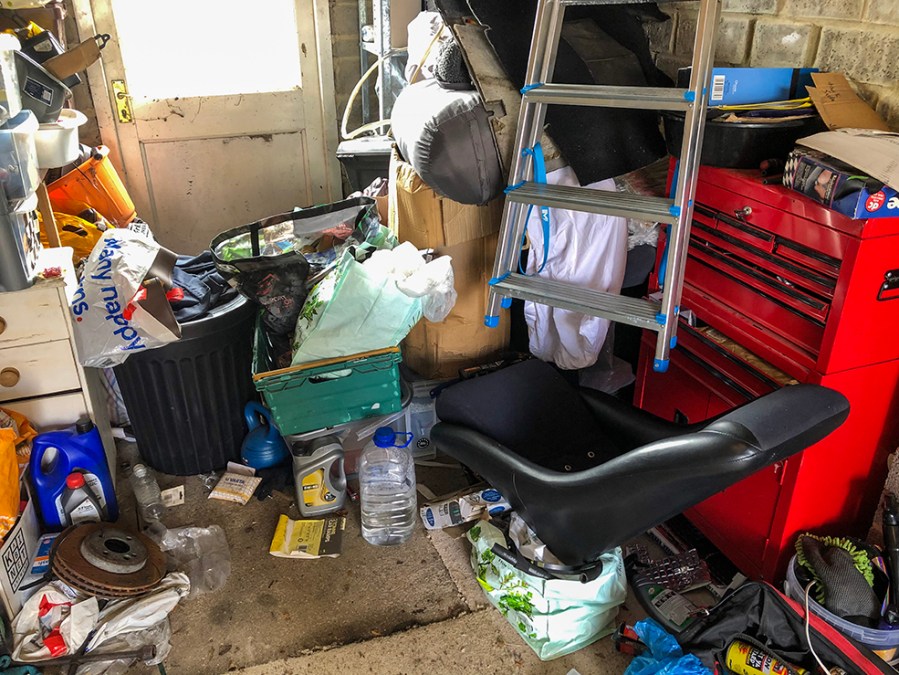With the coronavirus pandemic affecting lives in unprecedented ways, tinkering with our classics offers a welcome ray of sunshine. Okay, so there are no events to attend and driving is restricted for the time being, but that doesn’t mean we can’t complete those little jobs we’ve been putting off for ages while remaining safely at home during lockdown.
Tidy your workspace
OK, it’s not the most exciting task, but no one can enjoy their workspace if they’re forever stepping over old junk and hunting through piles of rubbish for that missing spanner. Simply safely storing parts on some shelves, replacing all those missing sockets from your toolbox and having a good sweep up will work wonders for your motivation.

Box up your spare parts
How many of us have ordered new parts for our classics, only to find out that you did the same several months previously? By neatly boxing up your parts, you can do an easy stocktake of what you’ve got and what you’re likely to need. While many suppliers are still in operation at the moment, this way you can avoid shelling out twice or having to faff about sorting a return and refund.
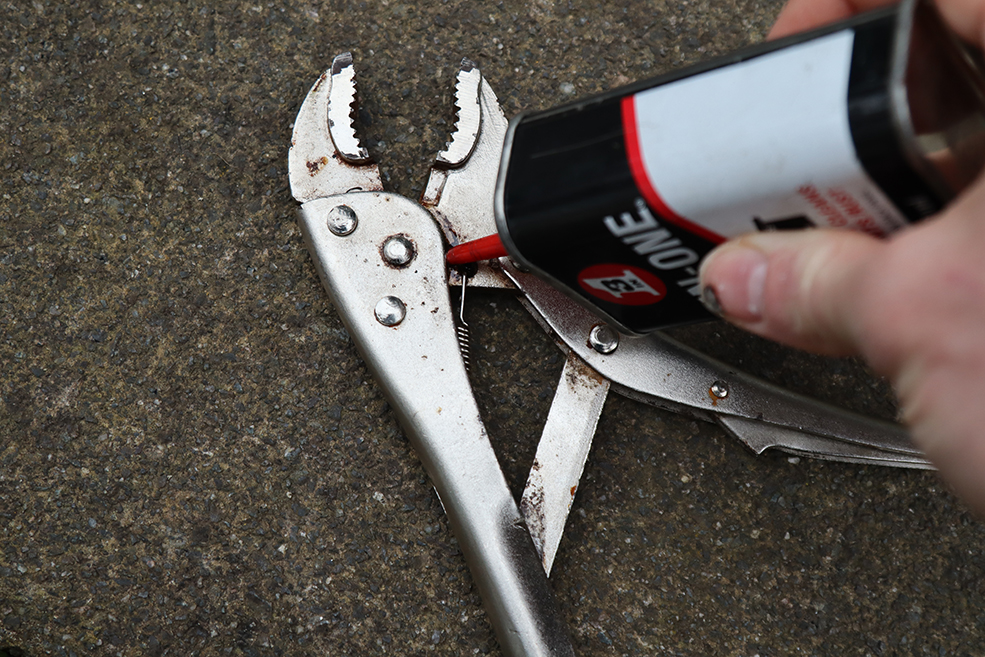
Restore your tools
If you’ve got a rusty spanner or squeaky pliers, now is a great opportunity to sort them out. There are lots of options for removing rust, usually involving soaking tools either in white vinegar, baking soda, or even lime juice with salt, or you can go the WD-40 route and a wire brush but be careful about scratches. Simple multi-purpose oil will help lubricate dried out joints on pliers, wheels and the like.

A proper wash
Moving on to your car, why not wash it properly rather than the usual 15-minute job? Pay attention to the hidden places like the sills behind the doors – a second bucket to rinse your mitt will not contaminate the other bucket. Once dry, bring up with polish if you like, and then finish with a layer of wax, using a microfibre cloth for on and another for off at each stage. Give the chrome a polish and black up the trim, while glass can be dealt with using a good window cleaner.
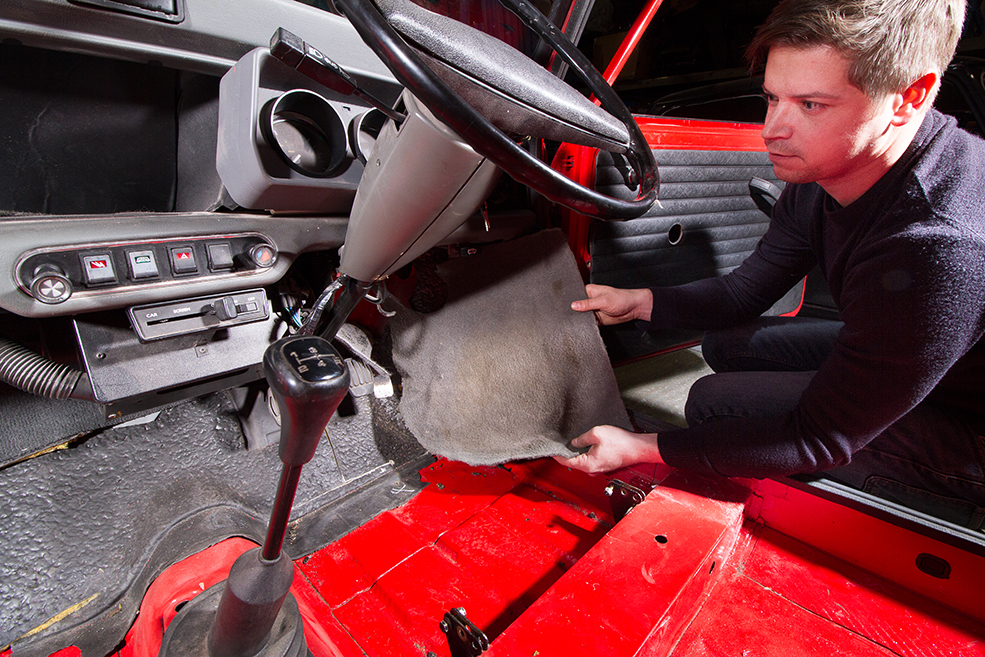
Lift those carpets
This is one of those out of sight and out of mind places where corrosion can quickly start to munch away at the floors, especially if the underlay is damp from water entering the cabin through a leaking screen or door seal. After rubbing down any corrosion and applying a rust converter, the affected panels should be coated with suitable protective paint on the inside and out to help keep the weather out.
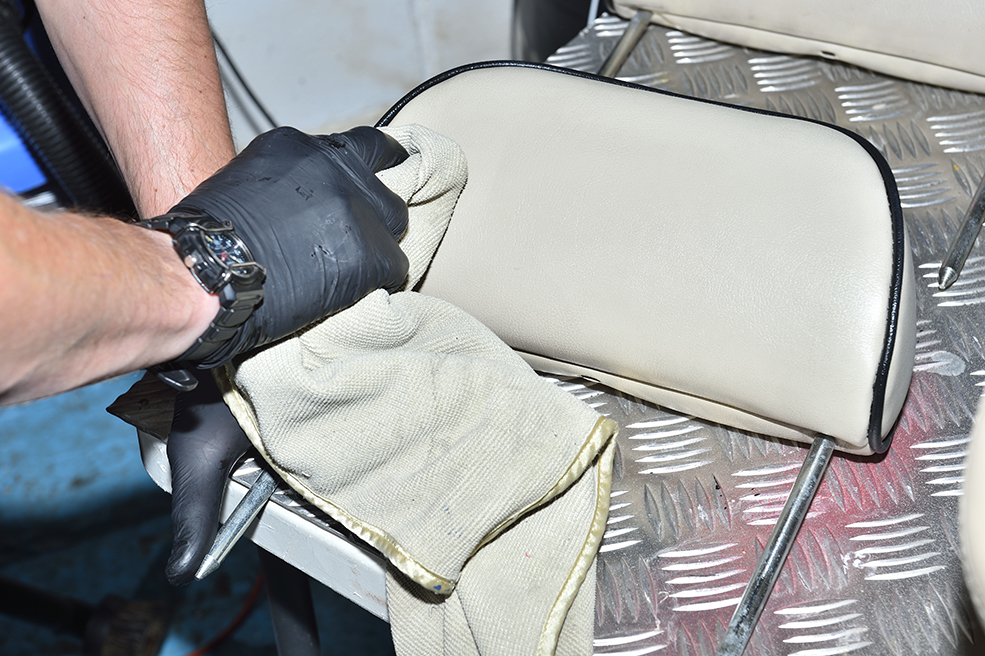
Clean your interior
Now could be the time to break out that wet vac or clean your leather seats. Remember to start in an unnoticeable spot and be careful not to over-clean. Remember to condition leather properly and leave to cure for at least 24 hours. For the rest of the interior, areas like the dashboard and controls can be cleaned with either a cloth and warm water or a general-purpose cleaner.
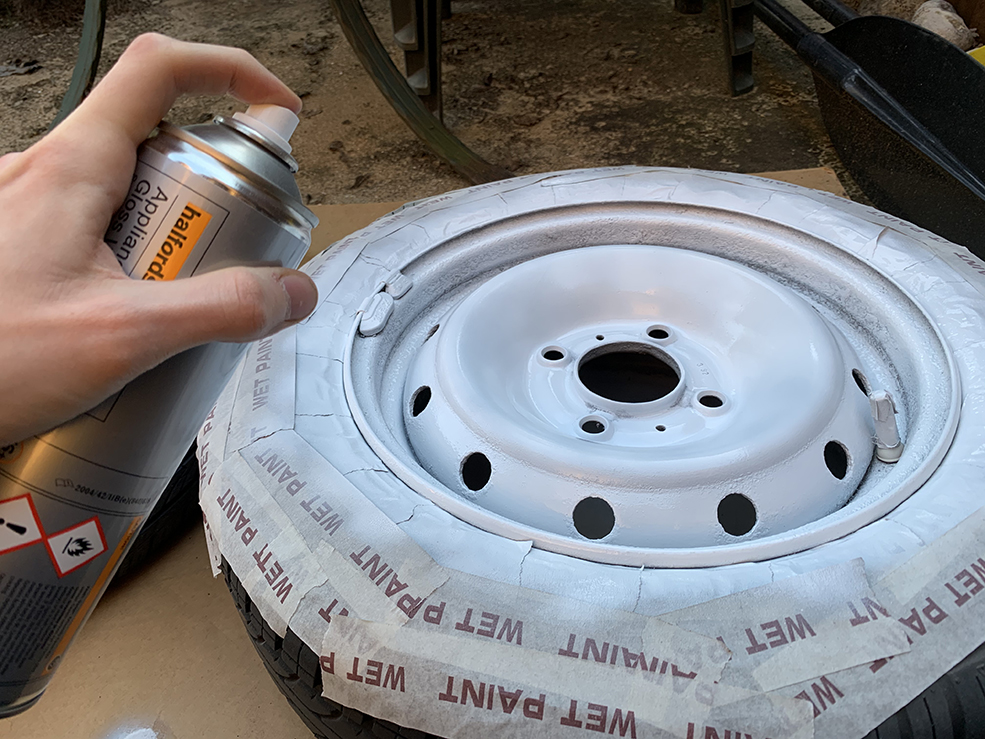
Paint steel wheels
Refurbishing steel wheels is a satisfying DIY job. Flat down with a Scotch-Brite abrasive pad or similar – using coarse wet and dry paper and rust converter to sort surface rust if necessary – then clean thoroughly. Mask around the rim and cover the tyre, then lay on coats of primer, paint and lacquer as appropriate.
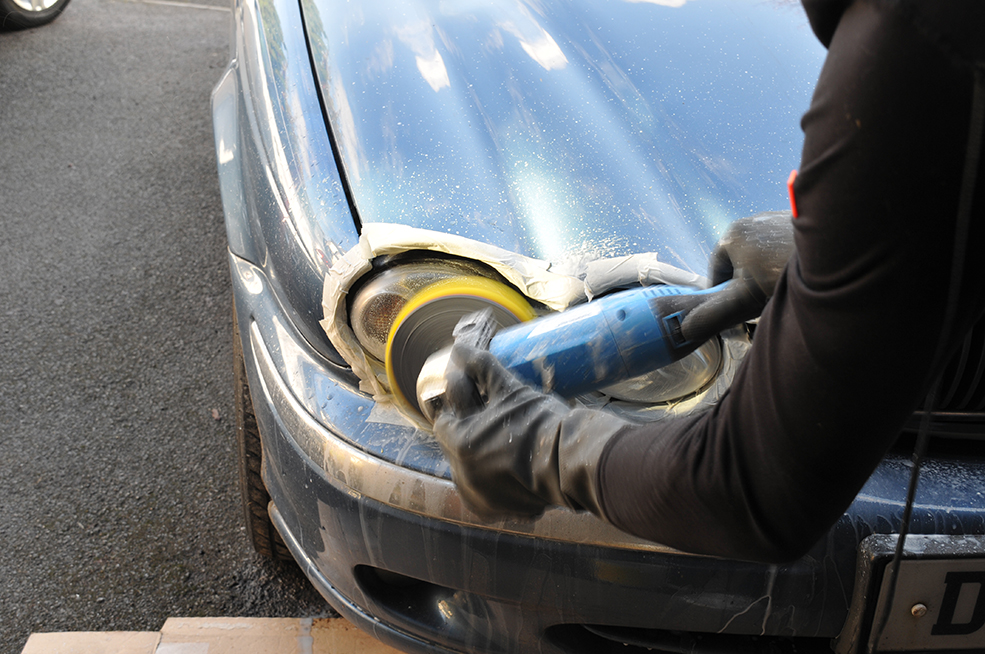
Restore your headlights
Plastic headlight lenses can turn cloudy over time and fail the MoT. Even the worst cases can still be a DIY fix: rub the lenses down with 1200 and then 2500 grit wet and dry paper until they’re entirely cloudy (use 800 grit carefully for badly pitted areas) and then buff it clear again. Finish with a regular wax/polish and you’ll regain full clarity. Budget on £15 for a pack of drill-mounted polishing pads and another tenner for a tube of cutting compound like Farecla G6. Don’t forget to mask up the bodywork to avoid paint damage and use dust sheets to avoid spattering your surroundings.
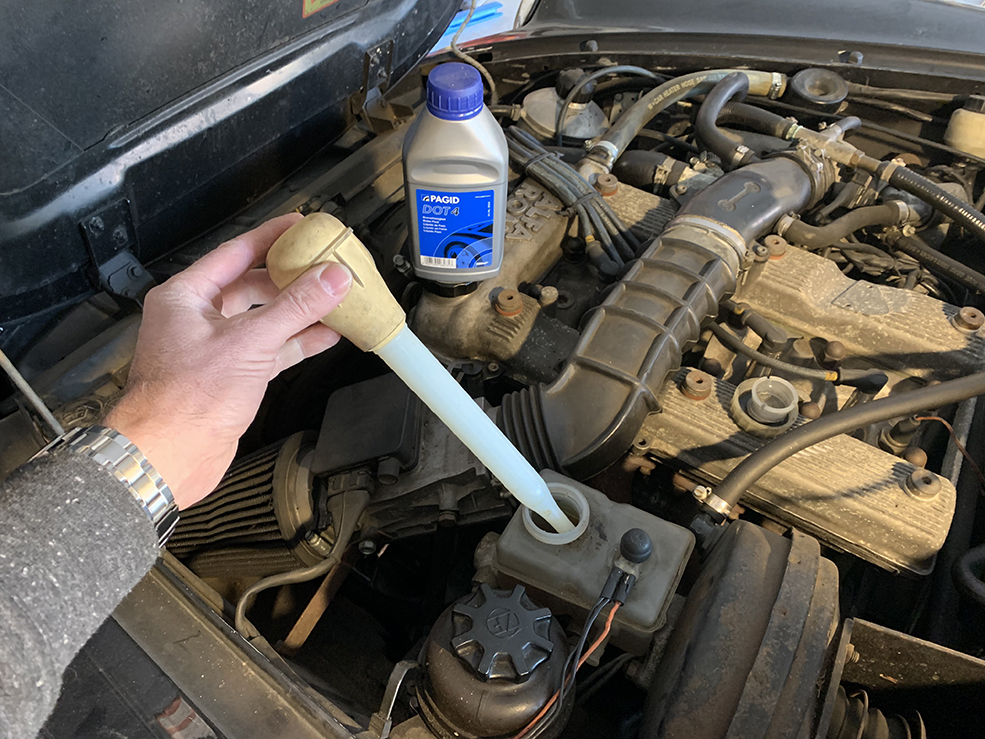
Replace brake fluid
How often do you change your brake fluid…? No, thought not. Most service schedules will suggest it should be changed every two years, since being hygroscopic it absorbs moisture over time. Make a handy shortcut by using a turkey baster or syringe to suck out as much of the existing fluid as possible from the reservoir without actually emptying it, then fill it with fresh fluid and bleed each wheel in turn until the fluid runs clear. Keep an eye on the reservoir and you won’t introduce any air bubbles into the lines. With a simple pressure bleeder it can easily be done as a one-man job.
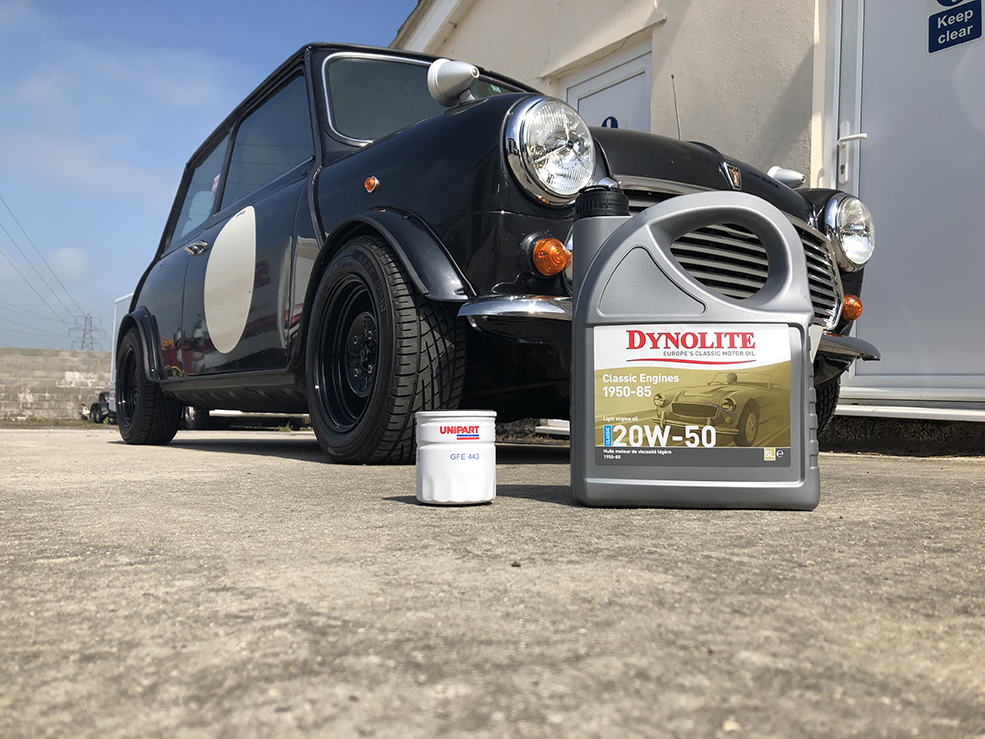
Change your oil
When a car is stored for a long period, contaminants from old used engine oil can start to affect the metal surfaces within an engine. Suitable oils, filters and even sump washers can be easily sourced via mail order, so this should be a quick and easy win. If we’re all back on the road soon, you’ll be one step ahead, too.

